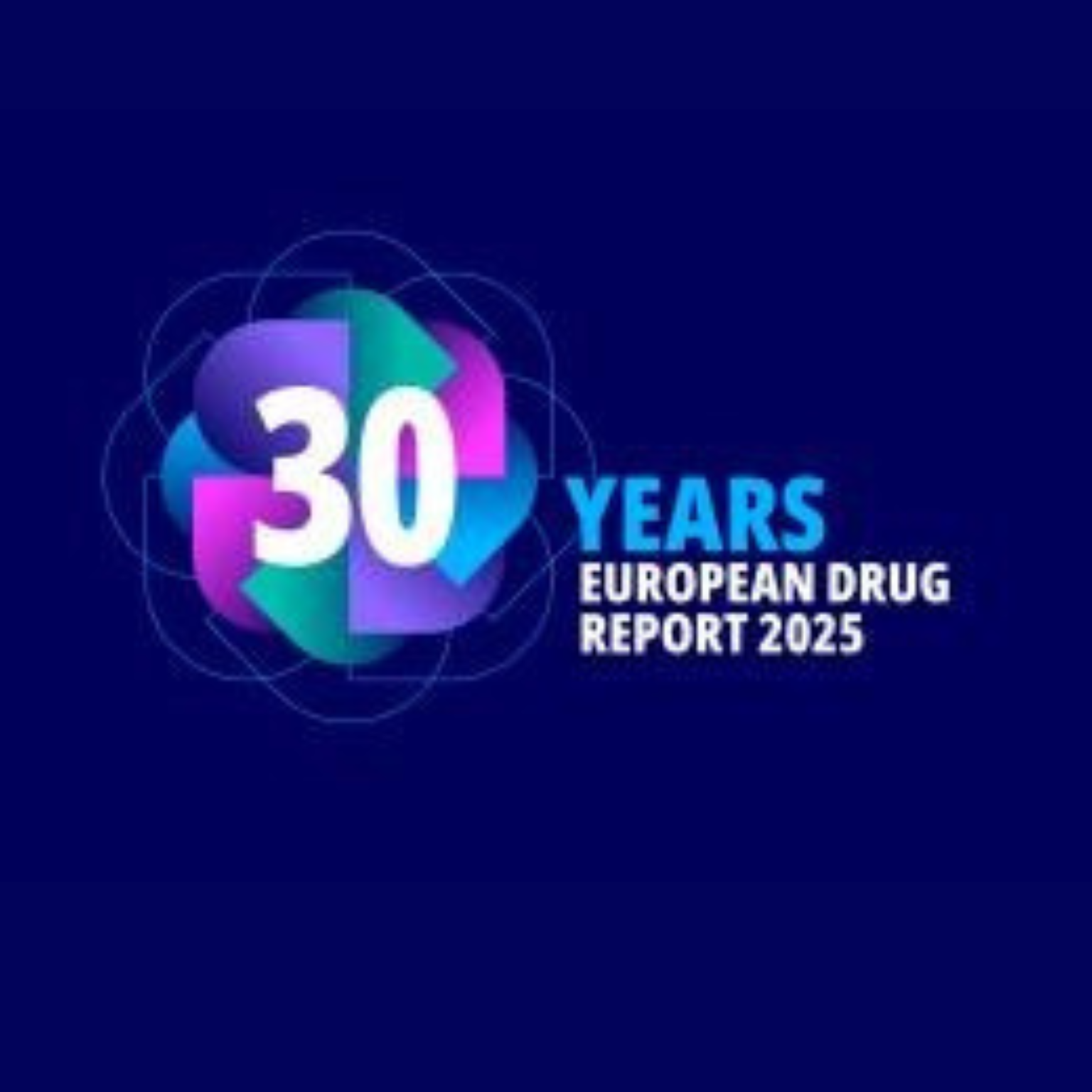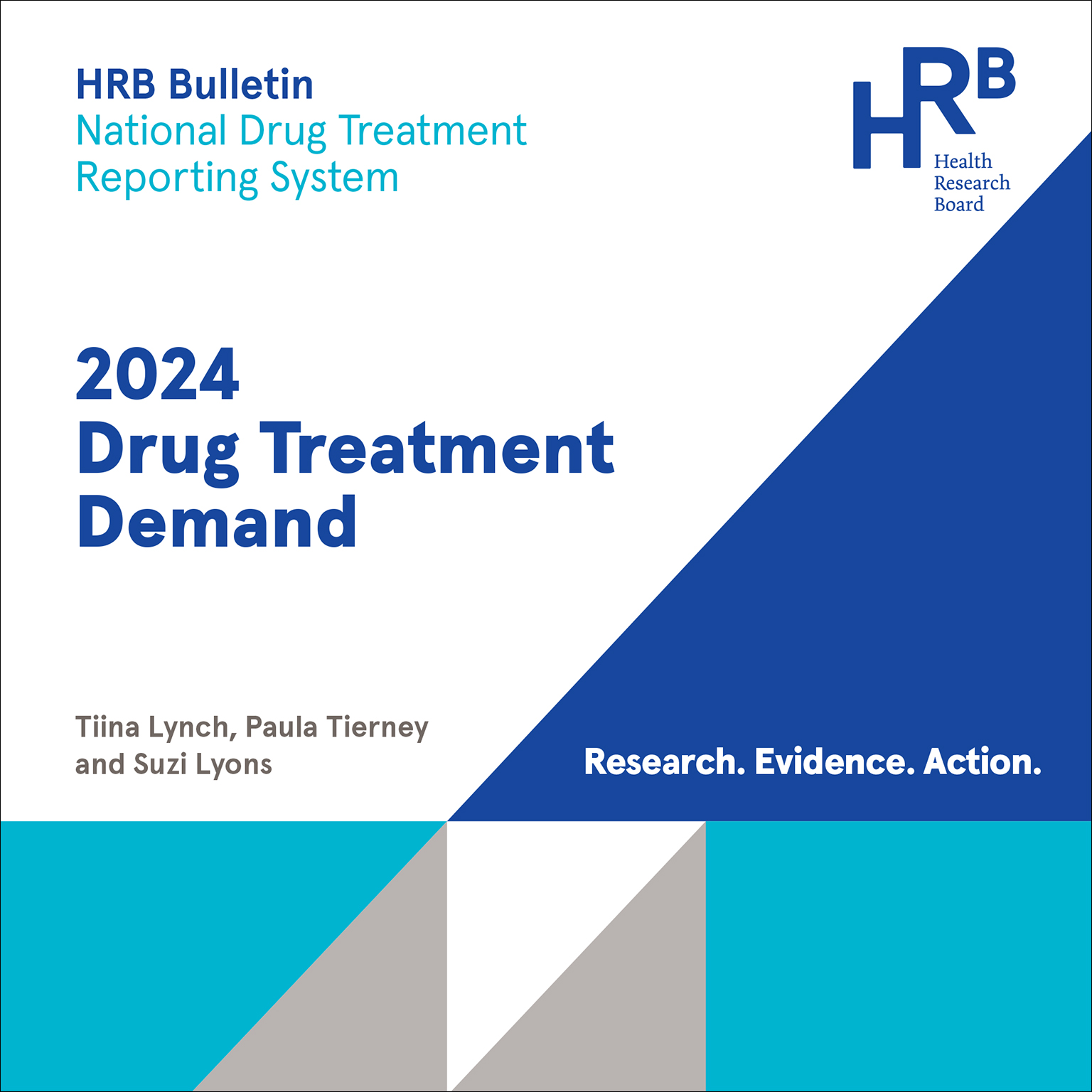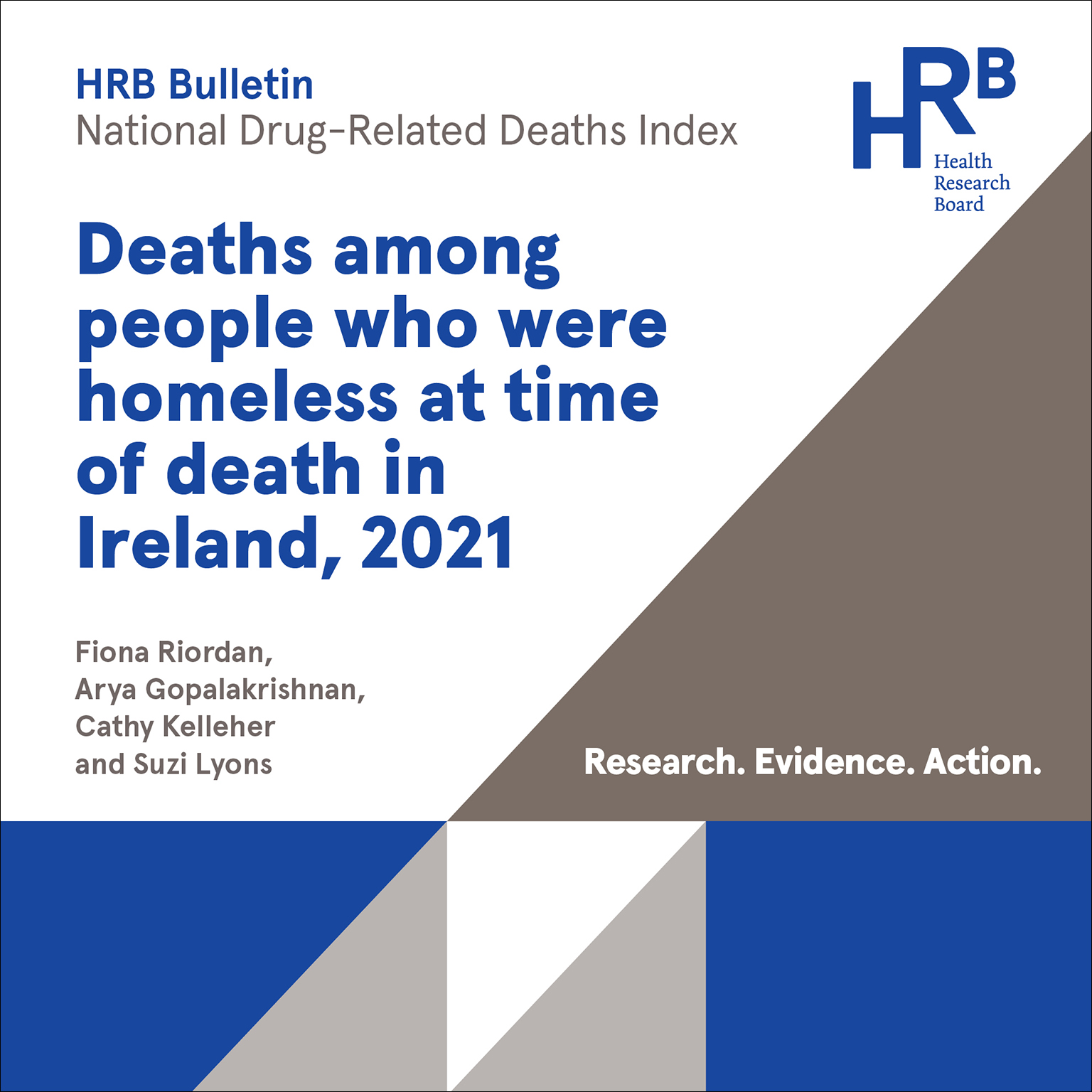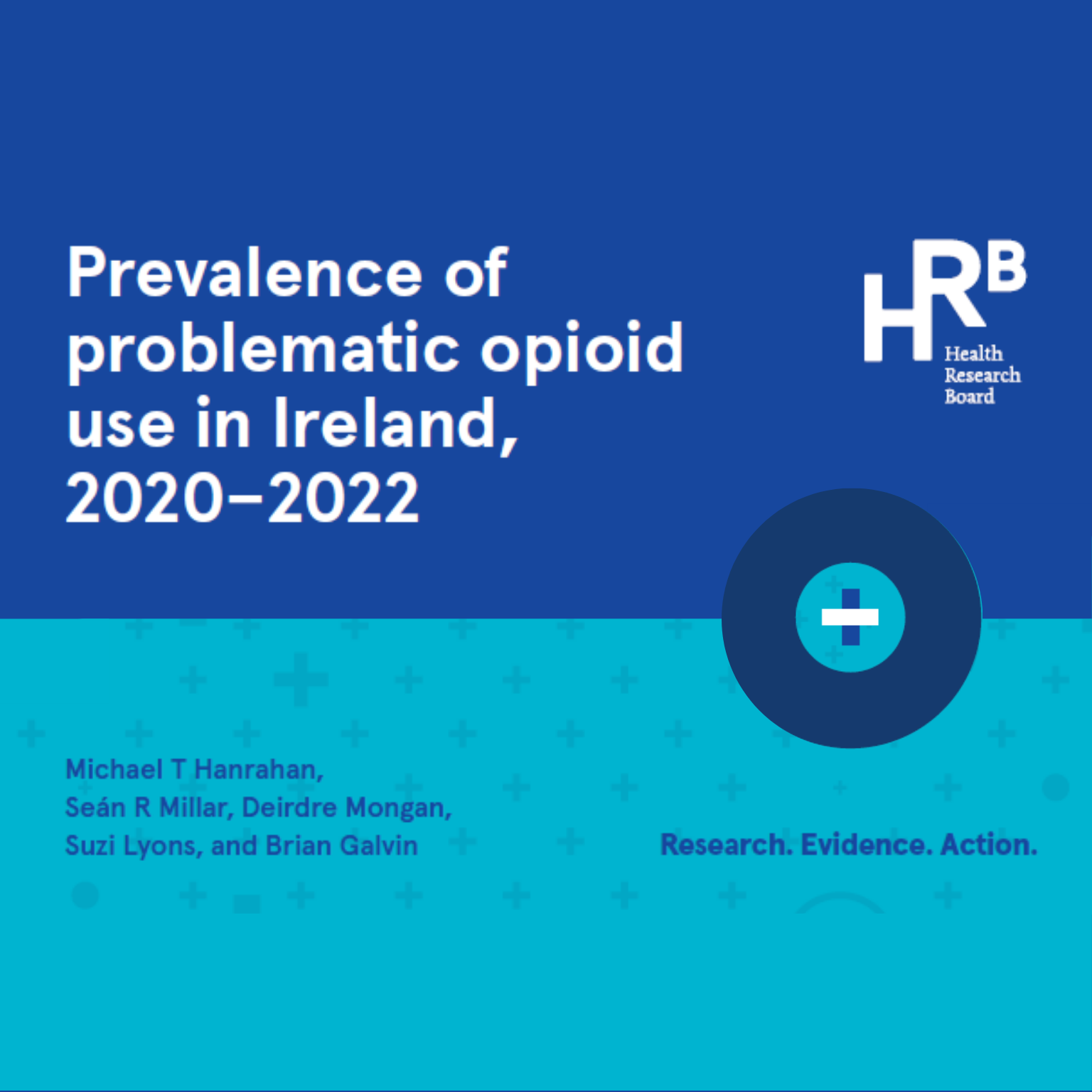Health Research Board publish latest drug-related deaths figures
5 min read - 8 Mar 2019
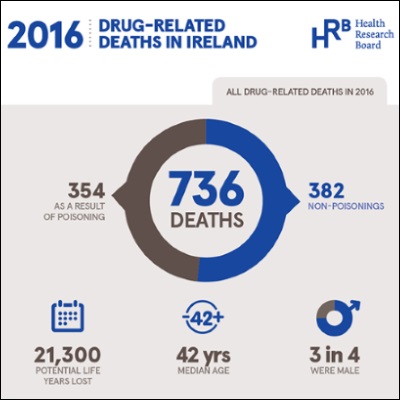
This represents almost 21,300 potential life years lost** in just one year. A total of 736 people died in 2016 compared to 431 in 2004 – representing an increase of 71%.
- Prescription drugs contribute to the majority of poisonings.
- Cocktail of drugs persists as a significant factor in deaths.
- Alcohol continues to be the number one drug implicated in deaths, alone or with other drugs.
According to Dr Darrin Morrissey, Chief Executive at the HRB,
‘Behind these figures are lives lost and lives cut short. This HRB report clearly illustrates the impact that drug use has on families and society. The collection of data on drug deaths is essential to understand trends and help service providers design appropriate interventions and help save lives’.
Speaking about the findings, Dr Suzi Lyons, Senior Researcher at the HRB, says,
‘The number of deaths from alcohol increased in 2016. Alcohol remains the number one drug implicated in deaths, alone or with other drugs, over the reporting period. Alcohol was implicated in 132 poisoning deaths in 2016 which accounts for more than one third of all poisonings’.
‘For 2016 we continue to see that prescription drugs, and taking a cocktail of drugs contributes significantly to deaths from poisoning. Prescription drugs were implicated in almost seven in every ten poisoning deaths in 2016. Methadone and diazepam are the most common prescription drugs implicated. However, we are seeing some new prescription drugs emerging in recent years among the deaths figures. Pregabalin, licensed for use in Ireland in the treatment of epilepsy, neuropathic pain or generalised anxiety disorder, was implicated in 14 deaths in 2013, but this has risen to 65 deaths in 2016′.
‘Hangings also remain a significant factor in non-poisoning deaths. And three in every four people (75%) who die by hanging had a known history of mental health problems’.
The Health Research Board reports on poisonings deaths (also known as overdose ) which are due to the toxic effect of a drug, or combination of drugs, and on non-poisonings which are deaths as a result of trauma, such as hanging, or medical reasons, such as cardiac events, among people who use drugs.
Key findings – all deaths 2016
- There were 736 deaths in 2016, similar to the number reported in 2015 (735).
- Many of these deaths were premature – half of all deaths in 2016 were aged 42 years or younger.
- 21,300 potential life years were lost** because of drug-related deaths.
- Three-in-four (549) of all deaths were male.
- A total of 34 (5%) deaths were among people who were injecting drugs and the majority 22 (65%) died in Dublin City.
Poisoning deaths in 2016
The number of poisoning deaths decreased slightly from 365 in 2015, to 354 in 2016.
Alcohol was implicated in 132 (37%) deaths in 2016, compared to 112 deaths in 2015. Alcohol was implicated in one-in-three of all poisonings and alcohol alone was responsible for 16% of all poisoning deaths.
Opiates were the main drug group implicated in poisonings, heroin decreased again in 2016, but methadone increased again in 2016.
- Heroin was implicated in 72 deaths in 2016 compared to 83 in 2015.
- Methadone was implicated in almost one third of poisonings (103) in 2016.
Prescription drugs were implicated in 258 (73%), or seven in every ten, poisoning deaths.
- Benzodiazepines were the most common prescription drug group implicated.
- Methadone (an opiate substitute) was the most common single prescription drug, implicated in 103 (29%) of all poisonings.
- Pregabalin related deaths (anti-epileptic drug which is also prescribed for chronic pain and some anxiety conditions) increased from 49 deaths in 2015, to 65 in 2016 reflecting a persistent rise since 2013.
Cocaine-related deaths decreased from 45 in 2015 to 41 in 2016.
Mixing drugs
- Polydrug use or drug cocktails significantly increase the risk for fatal overdose.
- In 2004, 44% or 118 deaths were due to a cocktail of drugs, with an average of two drugs taken. In 2016 this had risen to 62% or 219 deaths, with an average of four different drugs taken.
- 58% (77) of deaths where alcohol was implicated involved other drugs, mainly opiates.
- 88% (91) of deaths where methadone was implicated involved other drugs, mainly benzodiazepines.
- 81% (58) of deaths where heroin was implicated involved other drugs, mainly benzodiazepines.
- All diazepam related deaths (96) involved other drugs.
Non-poisoning deaths in 2016
The number of non-poisoning deaths increased slightly with 382 deaths in 2016 compared to 370 in 2015. Non-poisoning deaths are categorised as being due to either trauma (172 deaths) or medical causes (210 deaths).
- The main causes of non-poisoning deaths categorised as trauma were hanging (93, 24%) and categorised as medical were cardiac events (56, 15%).
- Three in every four (75%) people who died as a result of hanging had a history of mental health problems.
- The median age for deaths due to medical causes has increased from 38 years in 2004, to 46 years in 2016, which may indicate an ageing cohort of people who use drugs in Ireland.
The full report is available to download from the HRB website at www.hrb.ie/publications and www.drugsandalcohol.ie/30174. An infographic that outlines key data is also available for download.
* Data for the HRB’s National Drug-Related Deaths Index is collected from four sources; coronial files, the Hospital In-Patient Enquiry scheme, the Central Statistics Office and the Central Treatment List. Data is cross checked and matched across the different sources by HRB staff to give an accurate picture of the number of drug-related deaths in Ireland.
** Potential life years lost was calculated by looking at the age of individuals who died in 2016 and what their life expectancy would have been based on their year of birth.
Note: The 2016 figures are likely to be revised upwards when new data become available from closed inquest files.
ENDS
For further information, or to organise interviews with experts, please contact:
Gillian Markey – Communications Manager, Health Research Board
m 087 2288514 e gmarkey@hrb.ie
The Health Research Board (HRB) is the lead agency supporting and funding health research in Ireland. We manage four health information systems in the areas of alcohol and drug use, drug deaths, disability and mental health and generate evidence to inform health policy. Our aim is to improve people’s health, build health research capacity and underpin developments in health service delivery.
5 min read - 8 Mar 2019
